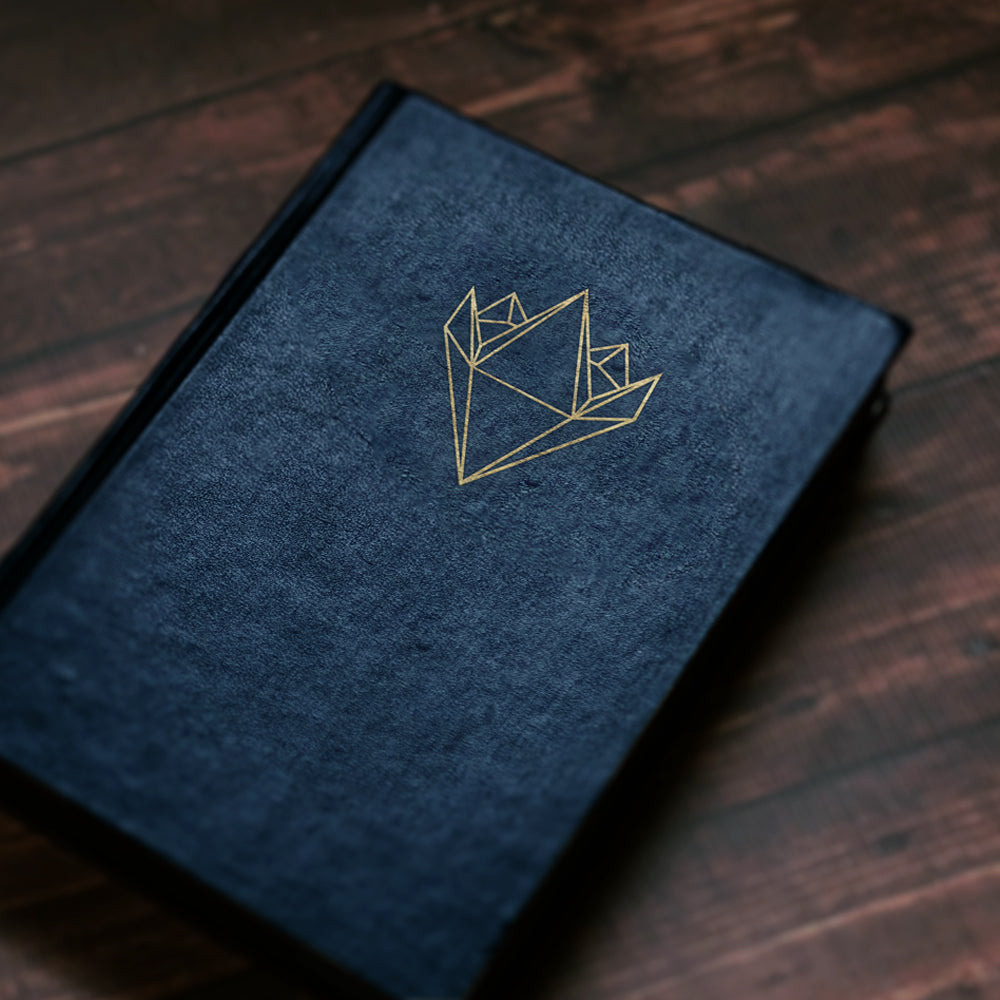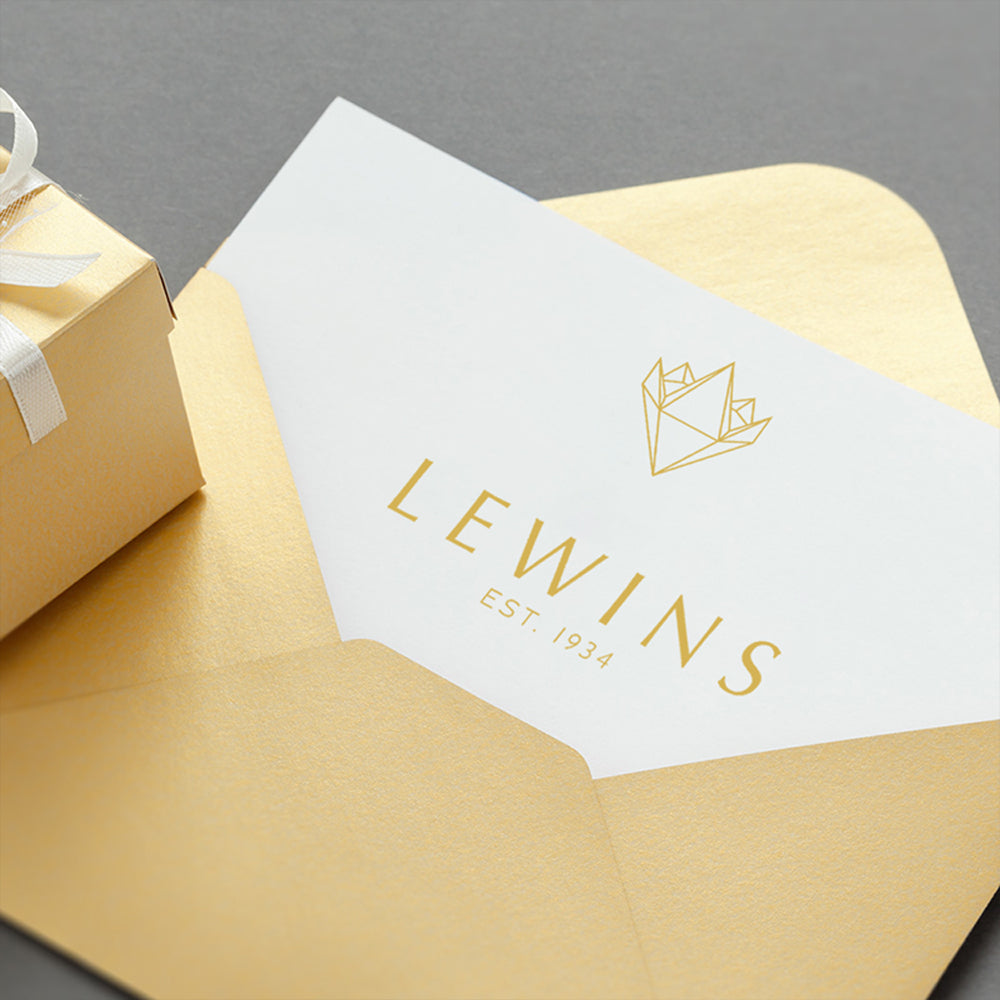Gem Lore:
Morganite - is a pink variety of the beryl family, and possesses a range of shades from orangish pink to bluish pink. The gemstone was discovered in Madagascar in 1910, by George Kunz, who named the stone after his friend John Pierpont Morgan (a well known American financier and gemstone lover). Morganite with a peach overtone, is frequently set within rose gold, to compliment the gemstones warm hue. Today, morganite is thought to symbolise sweetness and romance.
Diamond - derives from the Greek word ‘adamas’, which translates to ‘invincible’. Today, the meaning somewhat refers, to the gemstones excellent hardness (ranking 10 on Mohs' scale), hence diamonds are highly resistant to be scratched or abraded by another material, other than diamonds itself. Moreover, diamonds possess the magical phenomenon of fire, which relies on the facetted gemstones ability to disperse (split) light, into a rainbow of colours.
The ancient Egyptians thought diamonds symbolised life, and the Pharaohs were known to place the gemstone in the centre of an ankh cross. Whereas, the ancient Greeks believed diamonds to be the tears of the gods or broken splinters from fallen stars. Alternatively, in ancient Roman literature it is noted that Cupids arrows were ‘diamond tipped’, maybe one of the first references that associates the gemstone with love.
Jewellery Care Precautions:
Avoid direct contact with: perfume, lotions, skincare, hairspray / other chemicals. Remove, your jewellery: when showering, swimming (as both chlorine and saltwater will react with metals), washing your hands / using hand sanitisers, before going to bed or when participating in physical activities (going to the gym, exercising, gardening, housework etc….).
Beware, metals may tarnish over time due to oxygen contact and natural body oils. Prevent items from being exposed to moisture and direct sunlight, for long periods. Store jewellery in a dry place away from humidity, in a pouch/jewellery box and keep each piece separated from each other. Care, for your jewellery by cleaning with a soft dry cloth.
Rose Gold:
Rose gold is not an element and does not occur naturally in a pure form. Pure yellow gold is mixed with alloys of copper and sometimes silver to produce, a reddish pink coloured alloy, known as rose gold. The colour and depth of rose gold will vary, depending on the ratio of yellow gold to copper. The lower the carat of yellow gold, the higher the copper content, the deeper the colour. The colour of 9ct rose gold will be a deeper reddish-pink, 14ct rose gold will have a subtle rosy pink colour and 18ct rose gold, will show a soft champagne pink colour with a yellow undertone.
Over time and especially in humid conditions, the copper alloy naturally oxidises with the air, causing rose gold jewellery to develop a deeper reddish patina. Seen frequently in antique rose gold jewellery, this patina takes years to develop and adds a desirable vintage essence to the jewellery.
Whilst rose gold jewellery will not discolour easily, it is important to avoid exposure to household chemicals, bleaches, toothpaste, baking soda and other cleaning abrasives. Wearing jewellery in places where perfumes, hairsprays, body lotions have been applied on your body, will increase tarnishing. Wear your jewellery after the products have been applied. To clean your rose gold jewellery, use a mild soap with warm water and dry with a soft cloth. For professional cleaning, our workshop can polish your jewellery back to life.
Morganite, Beryl:
Hardness: 7.5 | Toughness: Good | Stability: Good
Mild Caution, Avoid: Sudden Impact (knocks), Heat, Jewellery Cleaners (ultrasonic, steam cleaners).
Gemmological Observation: Clean with mild soapy water and dry with a soft cloth.
Diamond:
Hardness: 10 | Toughness: Good | Stability: Excellent
Low Caution: A very durable gemstone, generally it is safe to use in; Jewellery Cleaners (Dips, Ultrasonic, Steam Cleaners).
Gemmological Observation: Diamonds have excellent hardness, this means only a diamond can scratch/abrade another diamond. To avoid scratches, store your diamond set jewellery separately. Diamonds only have good toughness, as they possess perfect cleavage. This means that if knocked in the wrong direction, the diamond can cleave/fracture. Whilst wearing, you will need to avoid: Sudden Impact (sharp knocks). If the diamond is heavily fractured, you will need to avoid using: Jewellery Cleaners (ultrasonic, steam cleaners).
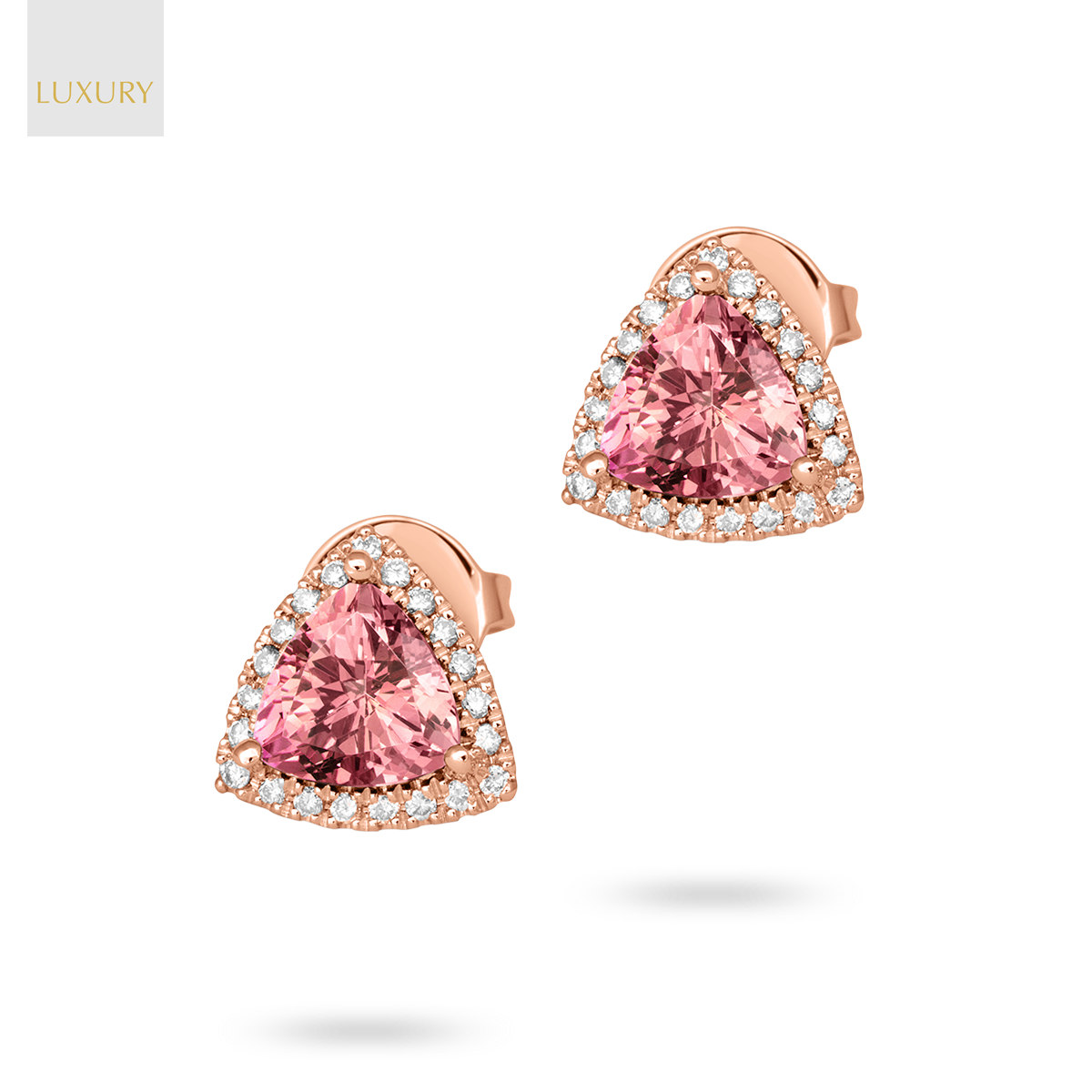
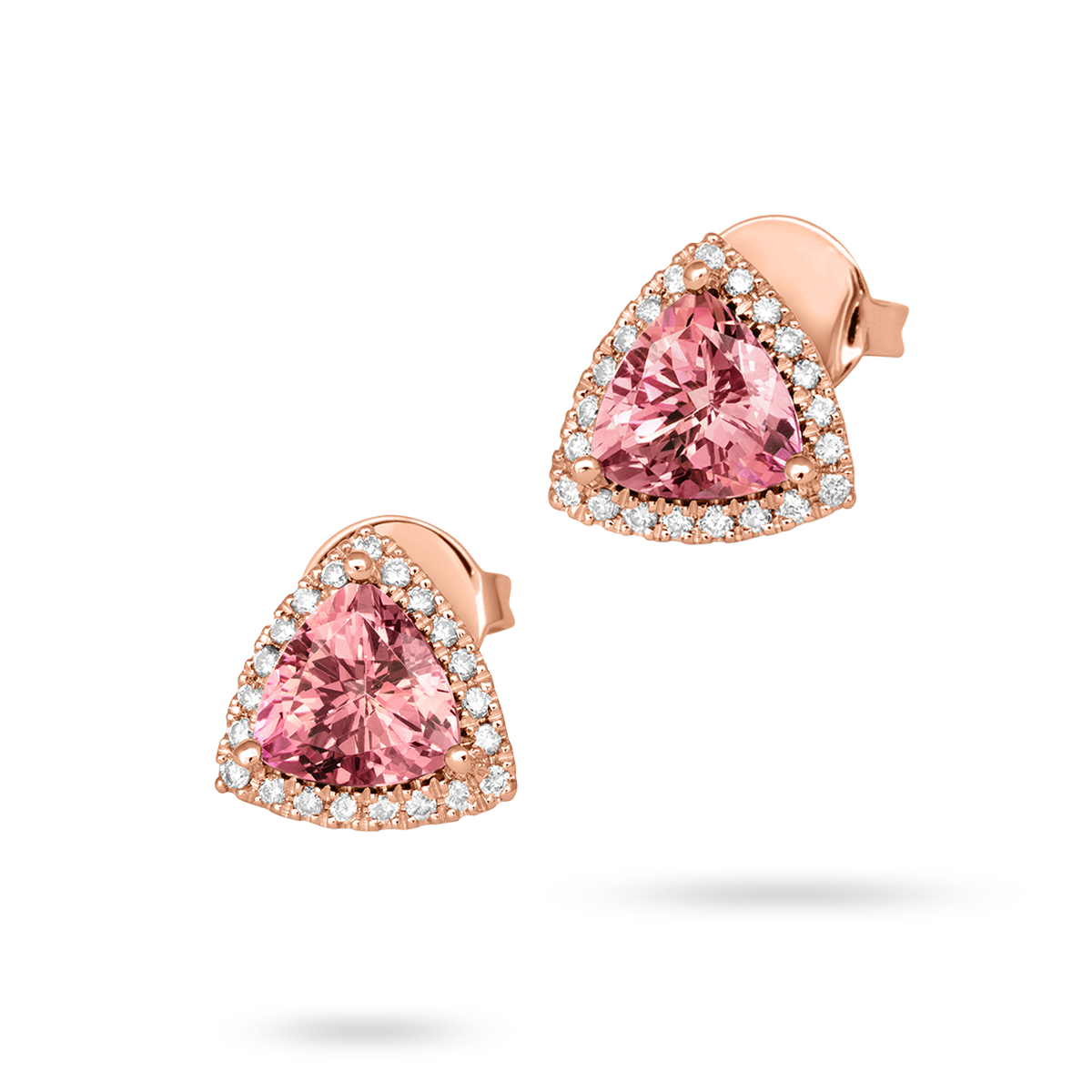

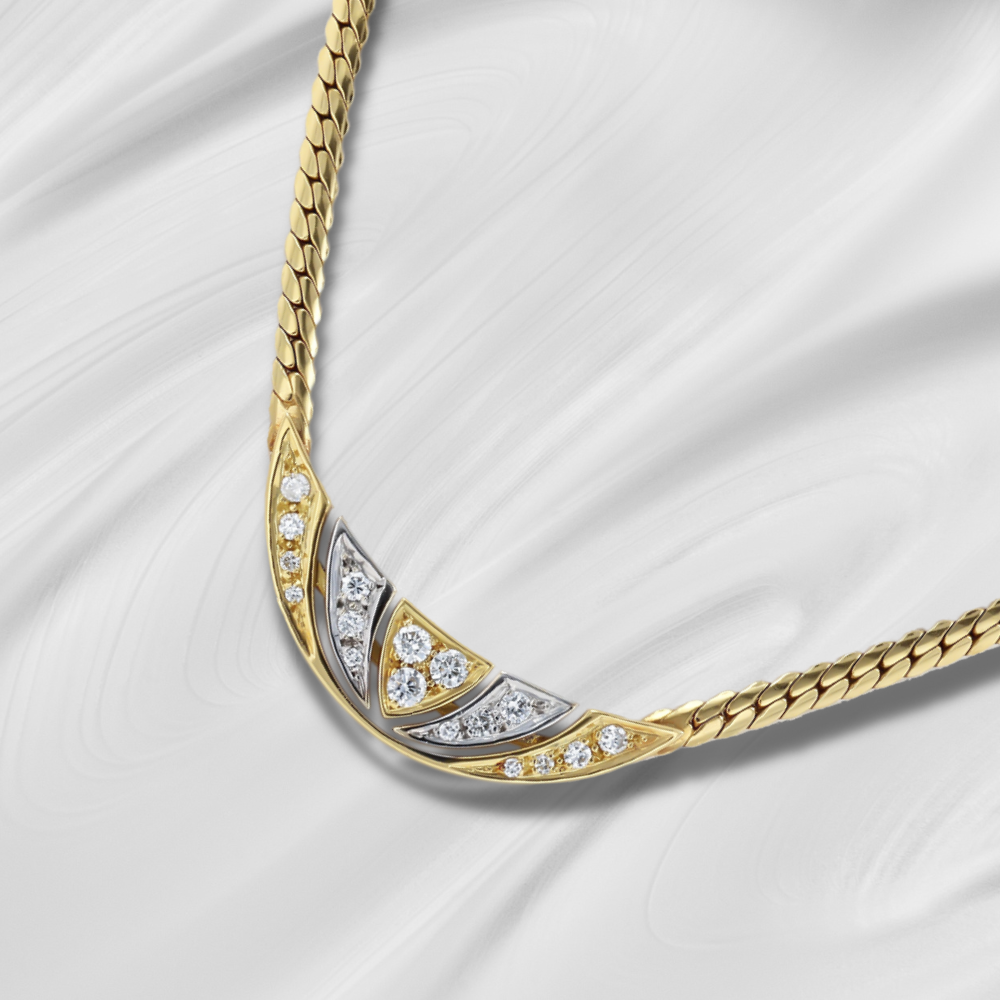
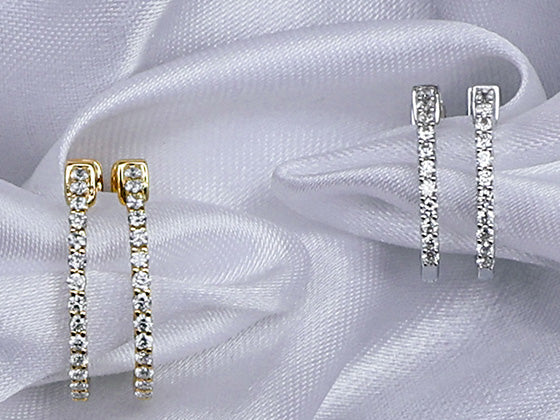
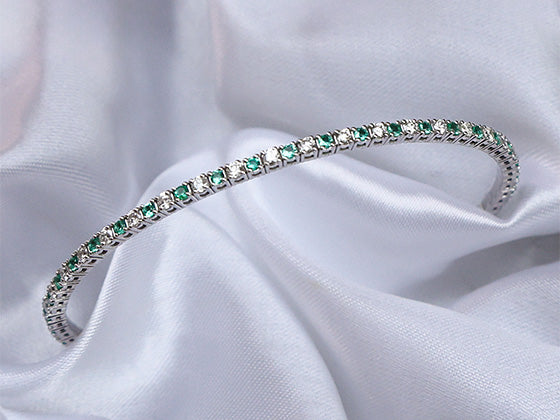

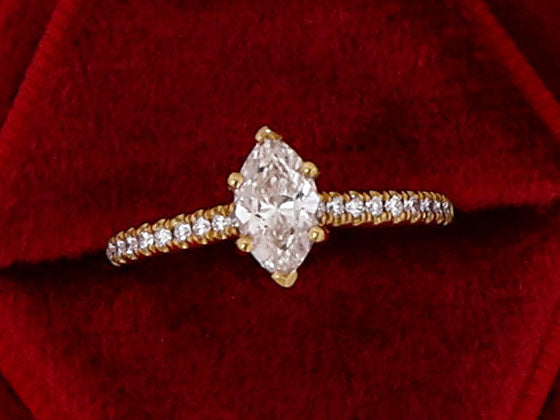
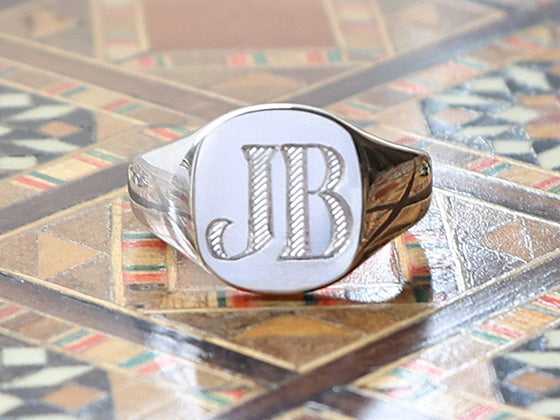
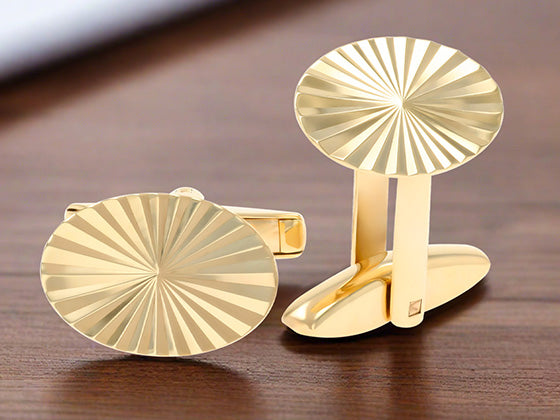
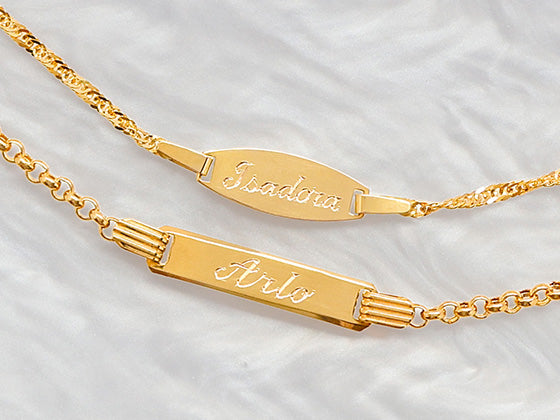
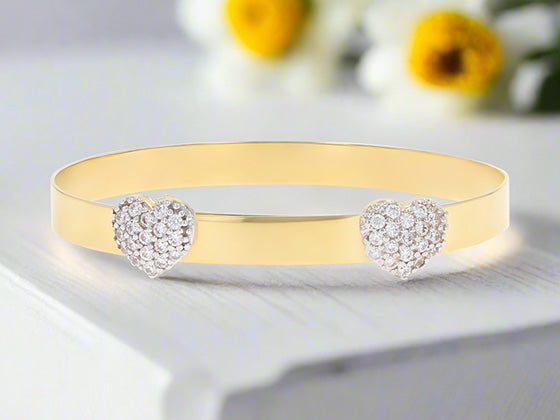
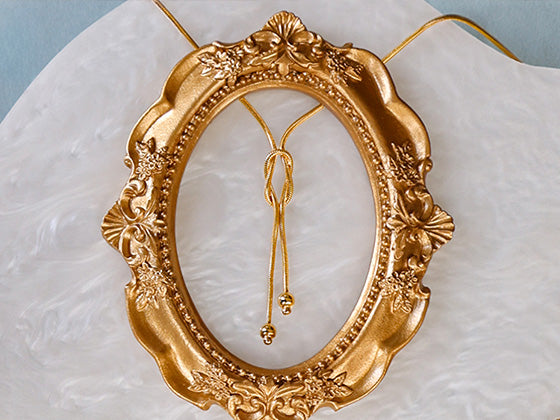
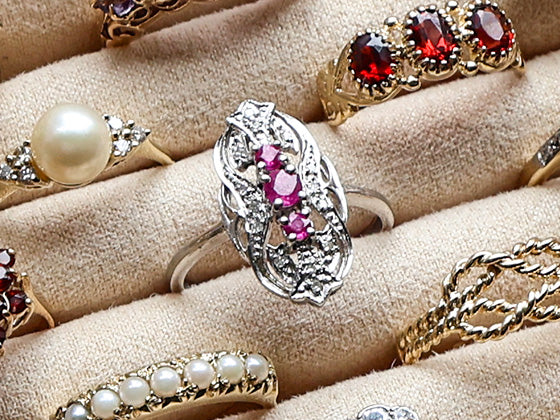
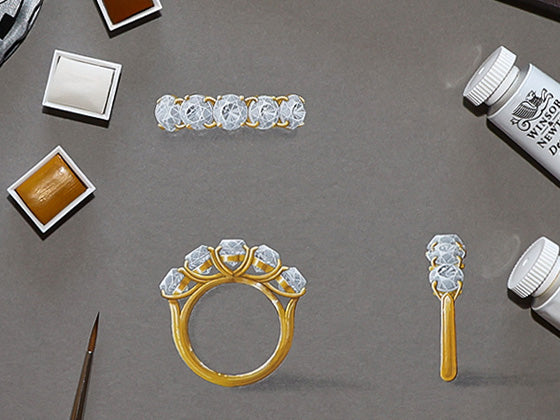
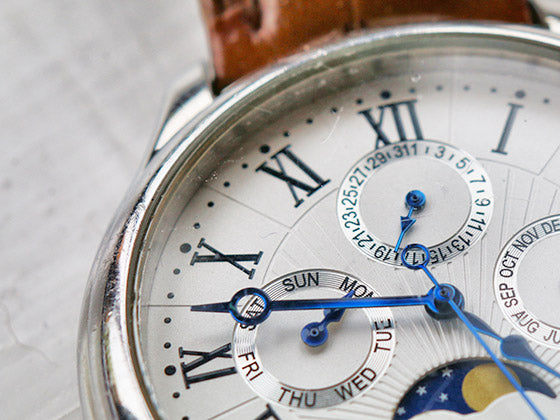
 Contact Us
Contact Us






